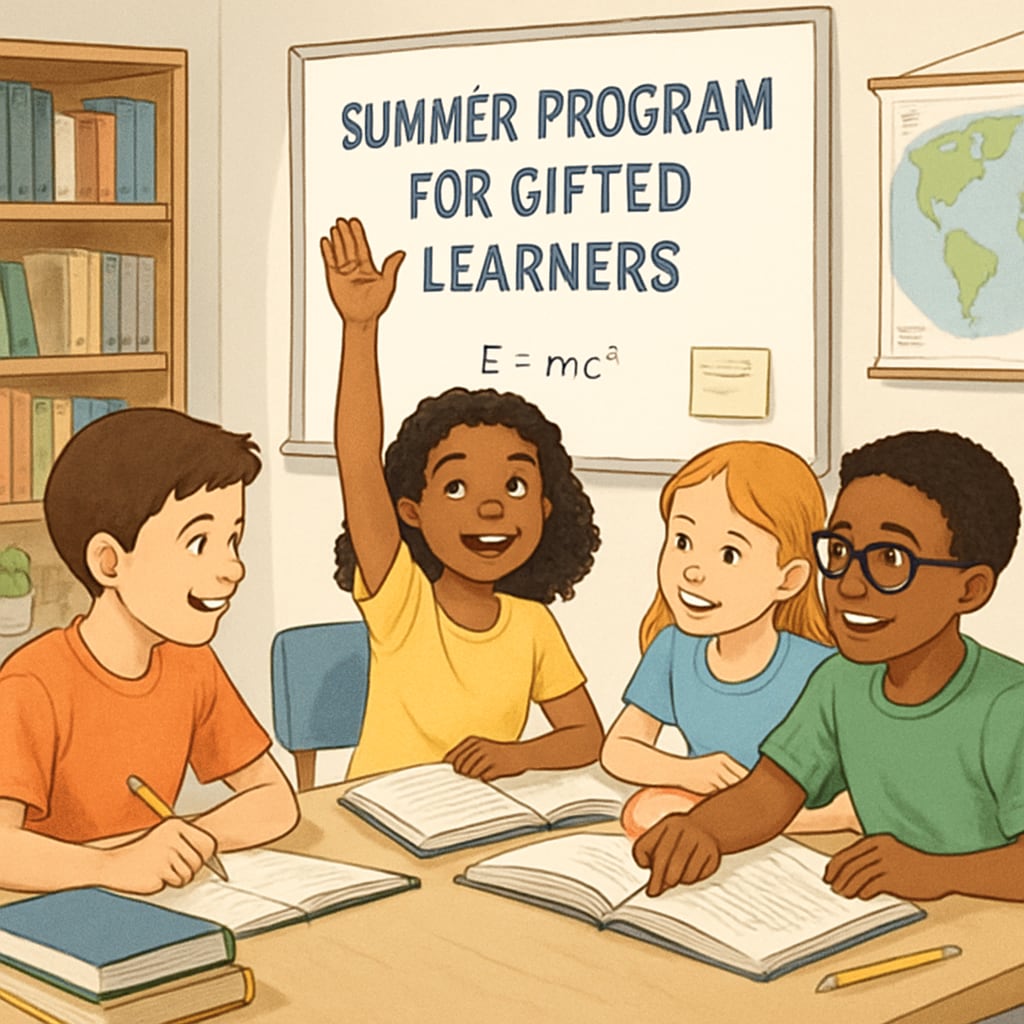The discontinuation of the Duke Talent Identification Program (Duke TIP) has created a void in the realm of gifted education. This program, known for its early academic evaluations, ACT testing opportunities, and tailored enrichment courses, was a beacon for families with gifted children. Its absence has left many parents wondering where to turn to foster their children’s academic development. In this article, we’ll explore the impact of Duke TIP, its unique contributions, and practical alternatives to ensure that gifted learners continue to thrive academically.
The Legacy and Impact of Duke TIP
For nearly four decades, Duke TIP provided an unparalleled platform for identifying and nurturing academically talented students. Through early academic evaluations, including standardized tests like the ACT and SAT, it allowed young learners to benchmark their skills against older peers. This was not merely a measure of aptitude but a gateway to advanced learning opportunities tailored to their potential.
One of Duke TIP’s greatest strengths was its ability to create a community for gifted students. Through summer programs, online courses, and recognition ceremonies, participants gained access to a network of like-minded peers and mentors. The program also offered parents valuable tools to understand and support their children’s unique educational needs.
Unfortunately, the program’s closure in 2020 left a significant gap. Parents are now seeking alternatives that can replicate Duke TIP’s ability to challenge and inspire gifted learners. So, what options are available?

Exploring Alternatives to Duke TIP
While Duke TIP is no longer available, several other programs and resources can fill the gap. Here are some noteworthy options:
- Johns Hopkins Center for Talented Youth (CTY): Similar to Duke TIP, CTY offers talent searches, advanced academic programs, and summer camps for gifted students. Their online courses are particularly beneficial for students in remote areas.
- Northwestern University’s Center for Talent Development (CTD): CTD provides enrichment programs, including weekend workshops, online courses, and summer learning opportunities tailored to advanced learners.
- Davidson Institute for Talent Development: This organization supports profoundly gifted students through mentorship, scholarships, and customized educational resources.
- Local and Regional Gifted Programs: Many states have their own programs for gifted learners. For example, the Texas Association for the Gifted & Talented (TAGT) offers resources and events that cater to advanced students.
In addition to these programs, parents can explore online platforms like Khan Academy or Coursera, which offer free or affordable courses in subjects like advanced mathematics, science, and the humanities. These resources can be invaluable for maintaining a child’s academic momentum.
How Parents Can Support Gifted Learners
While external programs are invaluable, parents play a crucial role in their child’s academic journey. Here are some strategies to consider:
- Encourage Passion Projects: Allow your child to explore topics that genuinely interest them. This could involve building a robot, writing a novel, or researching a historical event.
- Provide Access to Advanced Resources: Invest in challenging books, software, or tools that align with your child’s talents.
- Seek Mentorship Opportunities: Connecting your child with a mentor in their field of interest can provide inspiration and guidance.
- Nurture Emotional Resilience: Gifted children often face unique social-emotional challenges. Encourage open communication and provide support to help them navigate these issues.

The Future of Gifted Education
As we navigate a post-Duke TIP landscape, it’s essential to advocate for the continued support of gifted learners. Policymakers, educators, and parents must work together to ensure that these students receive the resources they need to reach their full potential. This could involve lobbying for state-funded gifted programs, expanding access to advanced placement (AP) courses, or fostering partnerships between schools and universities.
While the loss of Duke TIP is significant, it also presents an opportunity to reimagine how we support gifted education. By exploring new avenues and maintaining a commitment to academic excellence, we can ensure that the next generation of talented students continues to shine.
In conclusion, though Duke TIP is no longer an option, its legacy can inspire us to seek innovative ways to nurture gifted learners. With the right resources, community support, and parental involvement, the academic future of these exceptional students remains bright.


